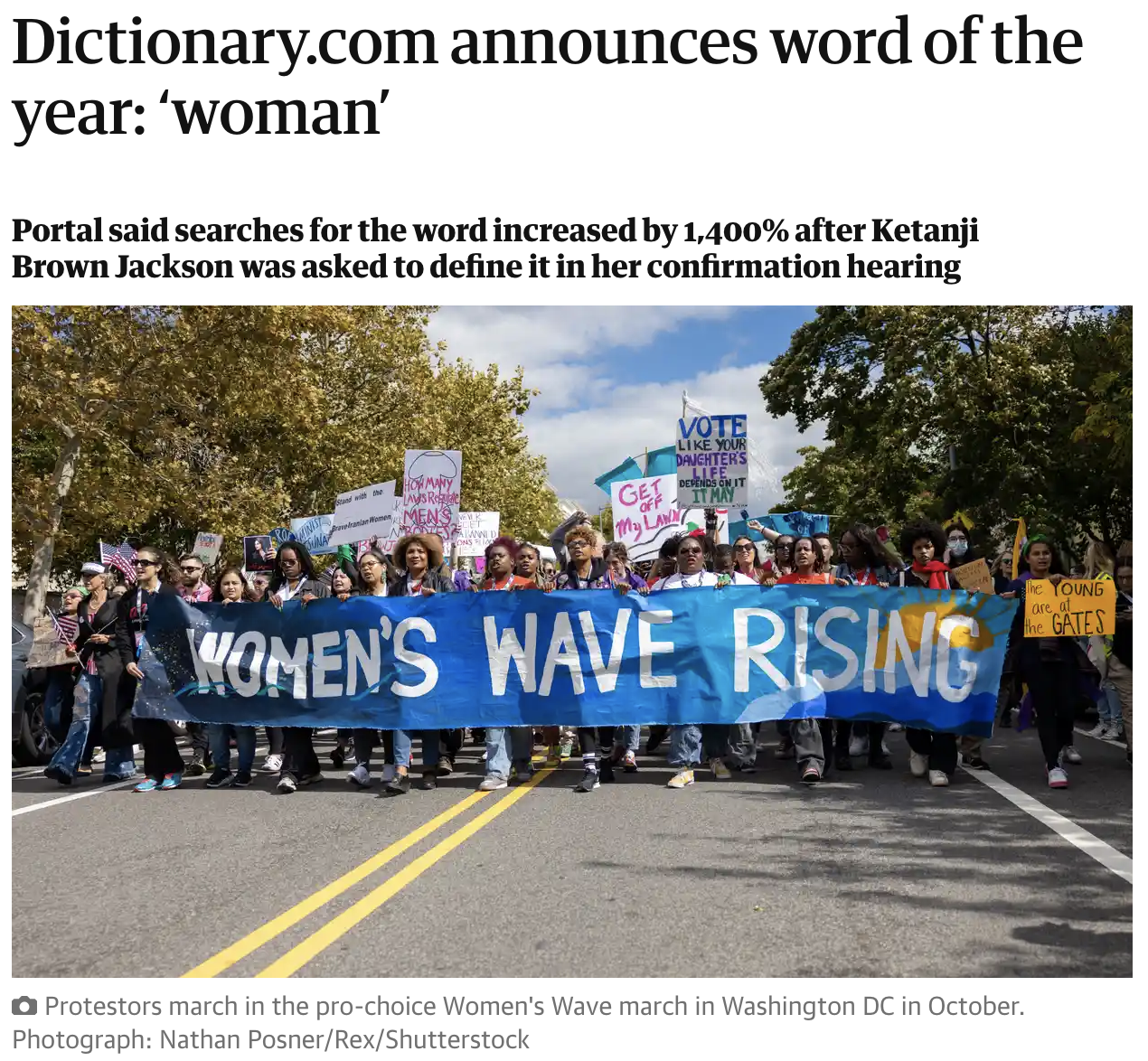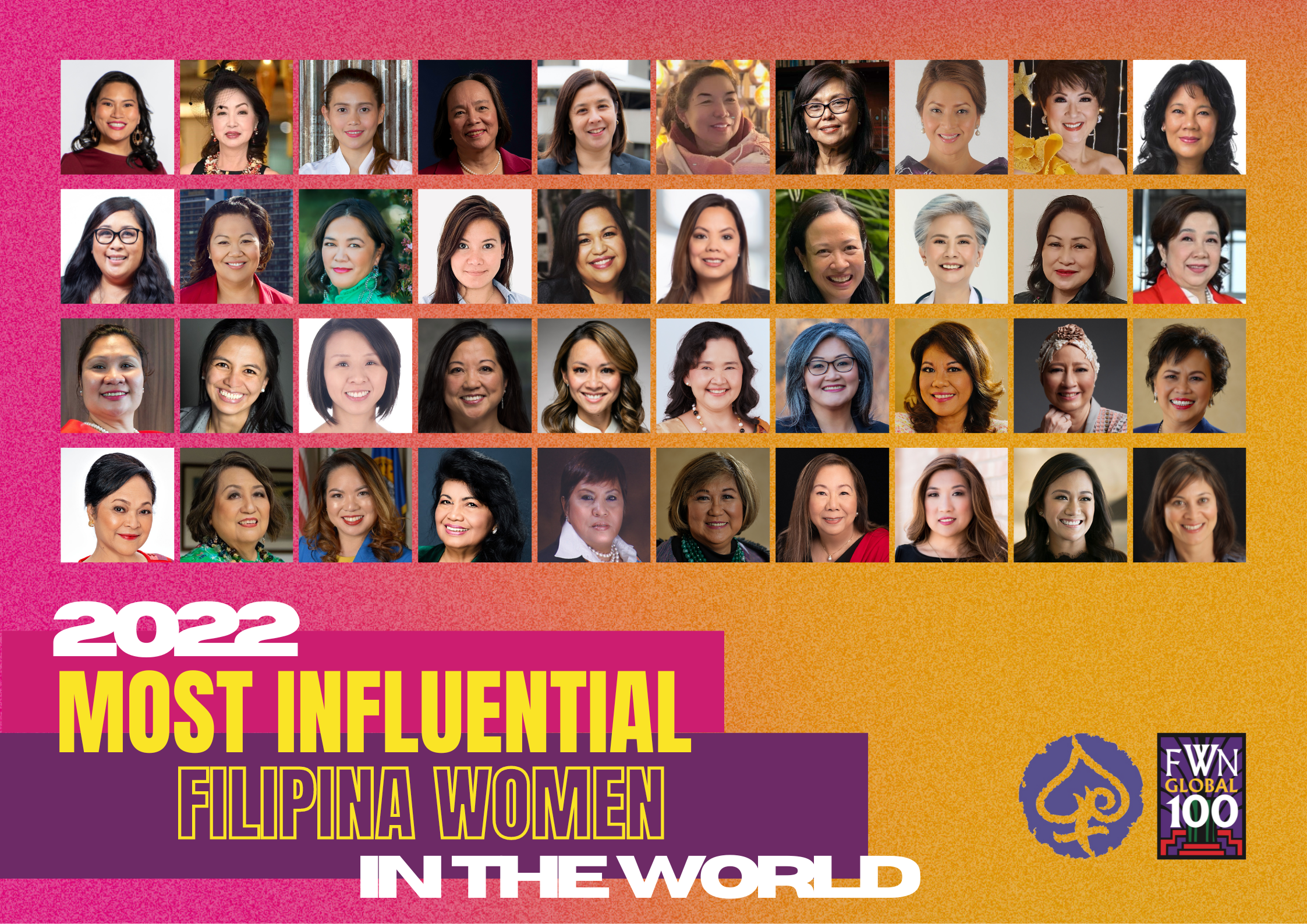Harvard University announced Claudine Gay as its 30th president—making her the first Black person and the second woman to lead the Ivy League school’s almost 400-year history.
During the announcement, Gay called to mind her earlier years as a child of poor Haitian immigrant parents, “My parents are immigrants from Haiti. They came to the U.S. with very little and put themselves through college while raising our family… College was always the expectation for me. My parents believed that education opens every door.”
Gay first made history by being appointed as the first person of color and first woman to be the Edgergley Family Dean of Harvard’s Faculty of Arts and Sciences in 2018. Prior to the Harvard faculty, she also taught political science at Stanford University, where she obtained her undergraduate degree in economics.
In her remarks, Gay emphasized that with the strength and influence of the institution, more possibilities across the nation ought to be created. As she said, “There is an urgency for Harvard to be engaged with the world and to bring bold, brave, pioneering thinking to our greatest challenges.”
She continued to highlight the greater role of America’s oldest institution to the society at large, “When I imagine Harvard in the years ahead, I see a university that is even more connected to the world through our scholarship. The idea of the ivory tower — that is the past, not the future, of academia. We don’t exist outside of society, but as part of it.”
Gay is set to officially assume the position next summer, July 1, 2023.










